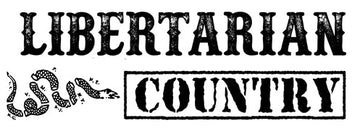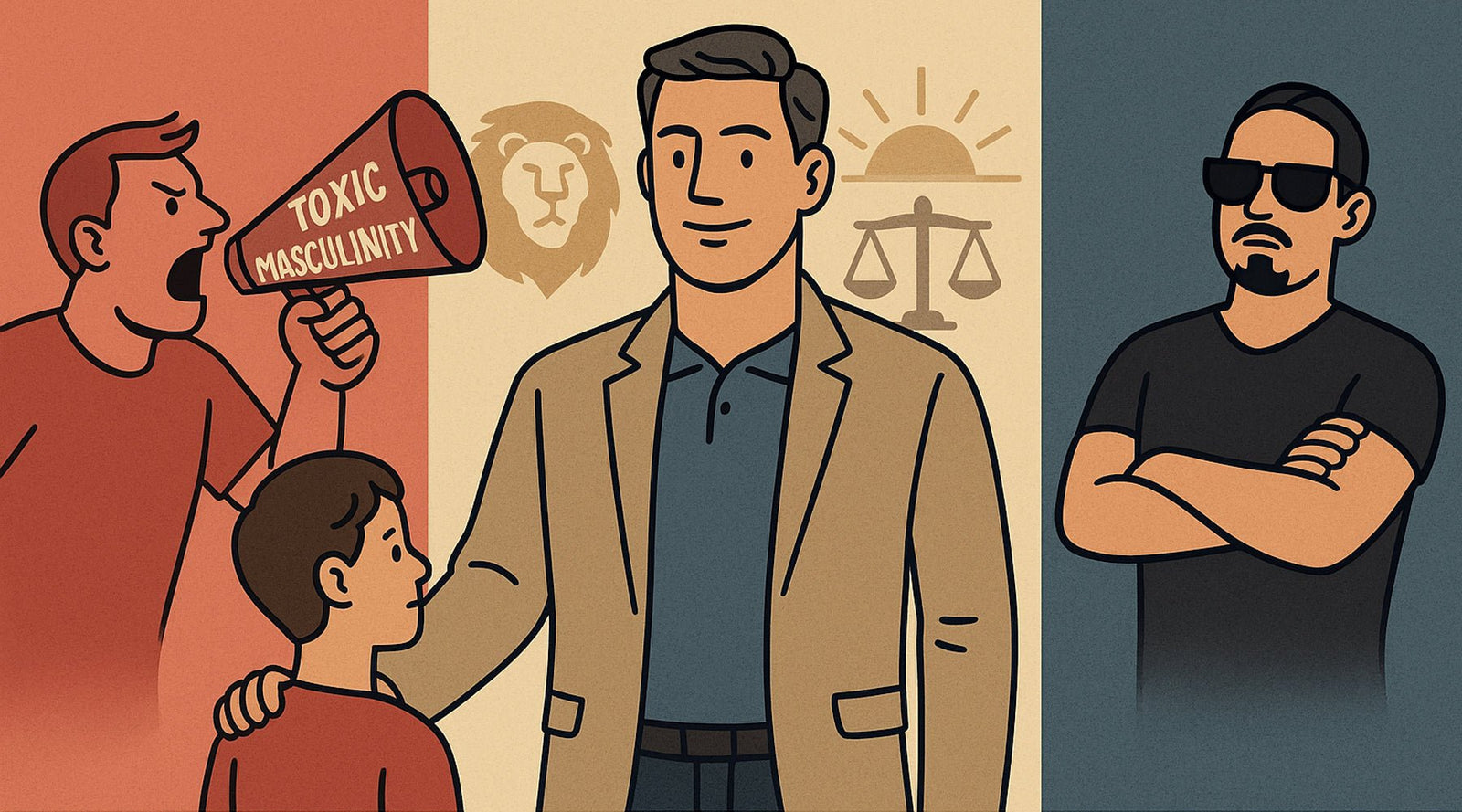In modern political discourse, masculinity has become a lightning rod for cultural battles. On one side, many liberals and progressives denounce “toxic masculinity,” often associating traditional masculine traits with oppression or violence.
On the other side, some conservatives—especially online influencers in the Andrew Tate mold—push an exaggerated caricature of masculinity rooted in dominance, misogyny, and hostility toward women.
Both perspectives miss the truth: masculinity is not inherently left-wing or right-wing, nor do extremes define it. It is, and has long been, a collection of traits that, when expressed in healthy balance, are essential for human flourishing.
What Some Liberals Get Wrong About “Toxic Masculinity”
The term “toxic masculinity” originally emerged in academic and therapeutic contexts to describe destructive behaviors: violence, emotional repression, domination over others, or using aggression as a primary coping mechanism. But in political and cultural debates, the term often becomes overextended, used as a blanket condemnation of masculinity itself.
This framing alienates many men who sense that their natural inclinations toward strength, assertiveness, or leadership are being mislabeled as “toxic.” Masculinity in its healthiest form is not about harming others—it’s about taking responsibility, being courageous, and providing stability.
By failing to distinguish between masculinity and its distortions, some on the Left unintentionally reinforce the idea that manhood itself is a social ill. That alienation drives men toward more extreme voices who promise validation, even if that validation comes in harmful forms.
What Some Conservatives Get Wrong: The Andrew Tate Archetype
If liberals err by conflating masculinity with toxicity, certain conservatives overcorrect by glorifying the very traits that can become toxic. The “uncompromising alpha male” archetype—often modeled by internet personalities like Andrew Tate—suggests that masculinity is about conquest, dominance, belittling women (“thots”), and showing no compassion or vulnerability.
This vision is not only shallow but dangerous. It strips masculinity of its moral dimension and reduces it to raw power dynamics. True masculine strength is not cruelty—it’s self-control. Leadership without compassion becomes tyranny.
Assertiveness without integrity becomes manipulation. By elevating aggression and misogyny as central to manhood, this ideology distorts masculinity into something unrecognizable from its historic virtues.
The Myth of the “Soy Boy”
Another popular trope in online political culture is the idea that all left-leaning men are “soy boys”—weak, effeminate, cowardly, and dependent. While it makes for a convenient meme, it is detached from reality. Courage, discipline, and confidence are not partisan traits.
History is filled with examples of men from across the political spectrum embodying masculine virtues.
Reducing masculinity to partisan stereotypes diminishes its universality. Masculinity is not a political weapon; it is a human identity shaped by culture, history, and individual character.
Defining Healthy Masculinity
Healthy masculinity is a balanced set of traits that cultures across the world have recognized for centuries. These include:
-
Leadership – guiding others responsibly, not for self-glory, but for the good of the group.
-
Compassion – caring for others, particularly the vulnerable, while remaining grounded in strength.
-
Courage – facing fears and taking risks when necessary, even when the outcome is uncertain.
-
Strength – both physical and mental resilience, tempered by humility.
-
Assertiveness (not aggression) – standing firm in one’s convictions without trampling others.
-
High self-esteem and confidence – knowing one’s worth without descending into arrogance.
-
Integrity – aligning one’s actions with principles, even when inconvenient.
-
Personal responsibility – taking ownership of one’s choices and failures instead of shifting blame.
-
Lifting others up – building and mentoring, rather than mocking or tearing others down.
When expressed in balance, these qualities form the backbone of honorable manhood. They are neither “toxic” nor tied to political ideology. They are human ideals.
Beyond Politics
The politics of masculinity should not be about Left versus Right, but about restoring clarity to what masculinity actually means. Men today are bombarded with contradictory messages: that they must suppress their nature to avoid toxicity, or that they must embrace cruelty to be “real men.” Neither path leads to fulfillment.
Instead, masculinity should be understood as a timeless ideal of individual responsibility, strength, and integrity—an ideal that transcends partisanship. In a fractured society, rediscovering this balanced vision of manhood may be one of the few bridges left that can unite rather than divide.
Stay strong in your principles and express yourself freely! 👇


